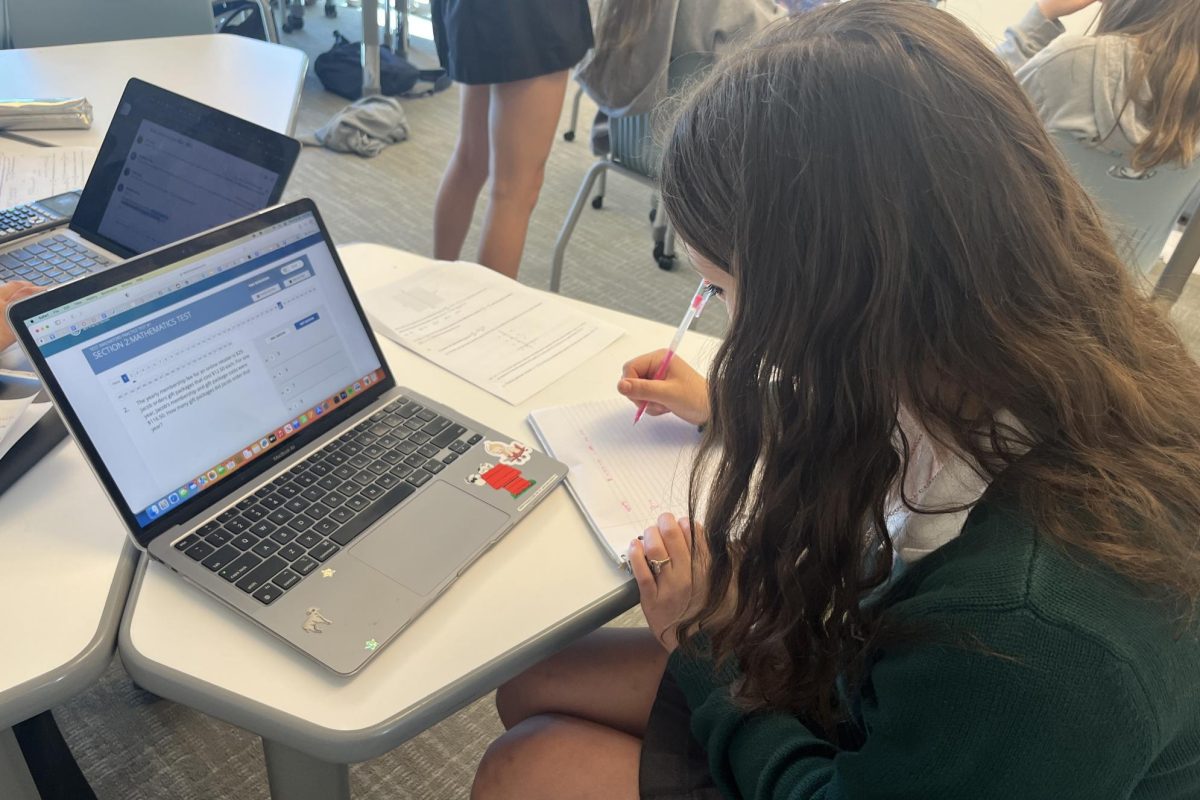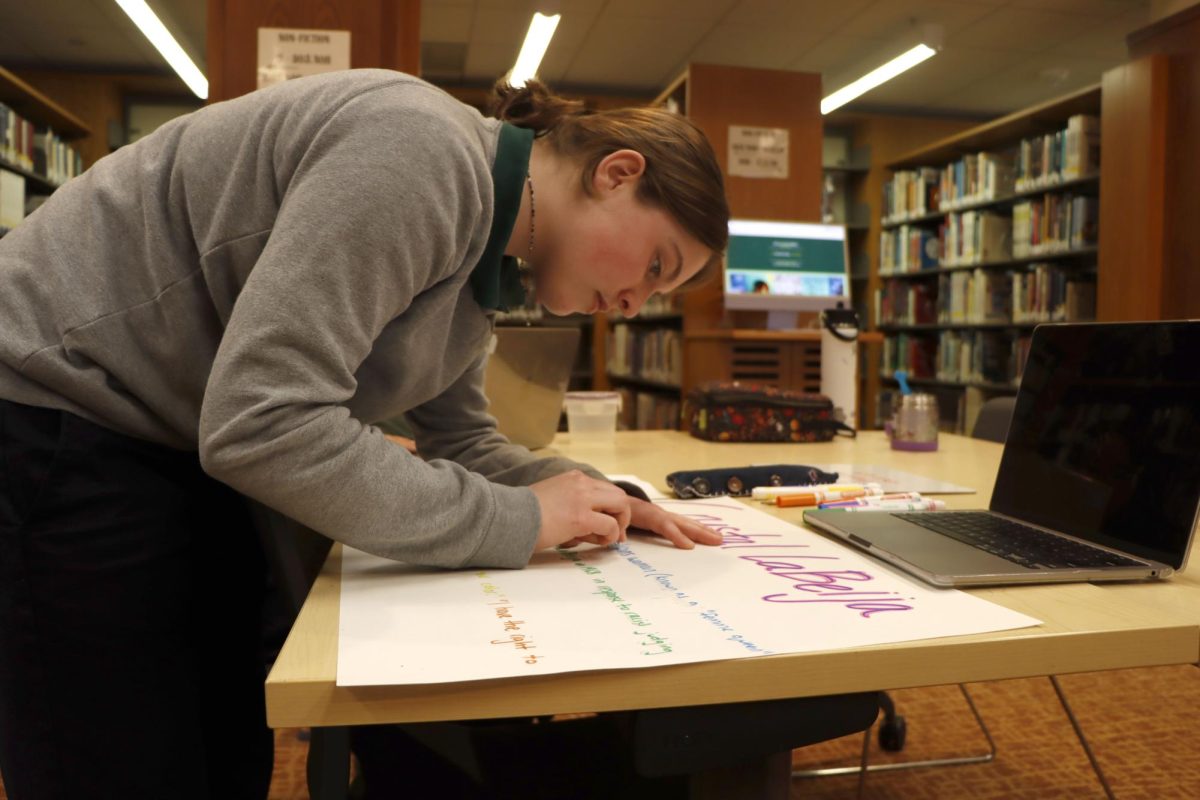To test or not to test?
This is the question Archer juniors face when deciding whether they will be taking and submitting the SAT or ACT for college applications.
Last week, Yale announced they will require 2024-2025 undergraduate applicants to submit their scores on either the SAT or the ACT as part of their application. Yale, along with a few other highly selective schools — such as Dartmouth and Massachusetts Institute of Technology — have reinstated the standardized testing requirement.
However, for the first time, Yale will accept Advanced Placement or International Baccalaureate in lieu of SAT or ACT scores.
Since spring 2020, the number of colleges that adopted test-optional policies nearly doubled. Director of College Guidance Ivan Hauck said this phenomenon can be primarily attributed to the COVID-19 pandemic and the inaccessibility of testing centers.
“There were some students in some cities and states that just could not access testing, and it was completely unfair to be able to maintain a testing policy when people can’t access the tests,” Hauck said. “That’s what opened the door to more schools going test-optional.”
Even before the pandemic, colleges’ test-required policies received significant backlash. Many colleges believed implementing test-optional policies would breach inequities in higher education.
However, research has increasingly shown high standardized tests scores are strongly correlated with academic success in college. Contrastingly, there is a poor correlation between grade point average and academic success in college, partially due to the increased grade inflation in private schools across the nation.
A study conducted at Dartmouth found that test-optional policies discouraged students with lower socioeconomic backgrounds from submitting solid test scores, therefore limiting diverse university student bodies.
Hauck said that the boards of colleges, college presidents and deans of admissions at every school are currently discussing whether their college will reimplement a testing policy. He said it was nearly impossible to predict which colleges will and will not reinstate standardized testing in the next few years.
“There will definitely be more pressure on students to take the tests. It’s so hard to predict, and that’s probably the hardest part about this for students and parents: the unknown. You want to be as prepared as possible, but when you don’t know what the expectations are within the next year or two, it’s very hard and sometimes confusing and frustrating to plan accordingly,” Hauck said. “The vast majority of schools probably will still take a few more years to ever reimplement testing, if ever at all. There are still at least 85-90% of schools out there that really don’t want to move back to any kind of testing policy.”
Approximately 30-35% of the last three graduating Archer classes submitted test scores when applying to college, according to Hauck. Junior Ivy Woolenberg said she does not plan on taking the SAT or ACT and is planning to spend her time pursuing extracurriculars and building her business, BakedwithLovebyIvy.
“I don’t feel pressure,” Woolenberg said. “I’ve made my decision, and I’m spending that time in other ways, which I think will be more beneficial than than taking the test, such as pursuing other passions.”
Junior Sophia Shin studied for and took the SAT during the fall semester and said she is happy with her decision to take the test. However, she said balancing her schoolwork, extracurricular activities and SAT studying was difficult.
“There’s a lot of pressure on students to take the test right now. I don’t think that it makes a huge impact on the college process because there’s just a few schools that are highly selective requiring it,” Shin said. “I am happy that I got the test out of the way, but I’m wondering if more schools in the future are going to announce that they’re not going test-optional anymore.”
Archer’s college guidance department will continue to give the same advice surrounding standardized testing as they have in the past three years, Hauck said.
“Our usual advice for most students is to try to take the test once, and see how you do, but we also know that there are some students for a number of reasons that will probably will never get a score that will benefit them,” Hauck said. “In that sense, our advice will still probably continue to say, ‘Look at all of the schools that are remaining test-optional. You don’t need testing.’ I don’t think that messaging will change anytime soon. There’s a lot of ways to measure intelligence, and SATs and ACT are just one form of that.”










